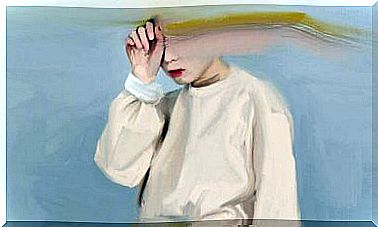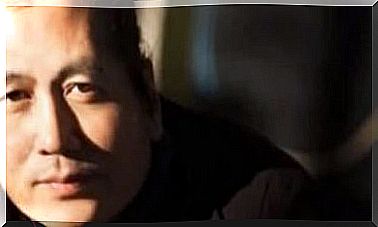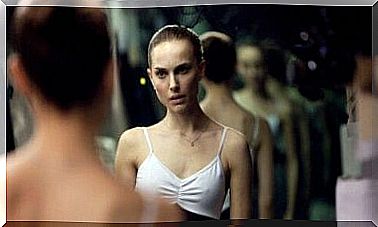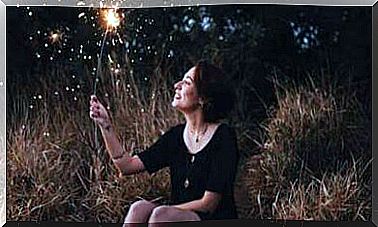The Psychology Of Terror In Cinema

According to the psychology of terror, fear is not a particularly pleasant feeling. More than anything else, it is the natural and cultural response of the human being who reacts to situations perceived as dangerous or threatening. Consequently, it is a feeling that we tend to avoid. So why are there films designed to scare us? And – strangest of all – why do some people find them funny and even enjoyable?
The answer to these questions is found in these films. Horror films are designed with the human psyche in mind: they exploit human instincts, stimulate excitement in the face of danger, and play with culturally constructed fears. Through the psychology of terror it is therefore possible to understand why it can even be pleasant to feel the fear that horror films try to awaken.
Everyone feels fear
Each of us feels fear in some moments of our life. We all felt vulnerable in the face of danger or simply distressed by thinking about potentially threatening situations. All this because the human being is instinctively coded to react in the face of danger, running away or facing it head on. And this is in order to increase the chances of survival.
However, the triggering cause of fear changes based on the individual’s culture of origin. Despite this, some elements are a constant. Any human being, in fact, tends to be afraid of three things: death, the unknown and imposed loneliness. This without excluding the existence of causes that trigger personal fears, such as phobias, which are usually psychological and social constructs.
It is these instinctive reactions and these cultural constructs that directors use to generate fear with horror films. But this is still not an exhaustive answer to why we decide to watch a horror movie. We will try to answer in the following lines.
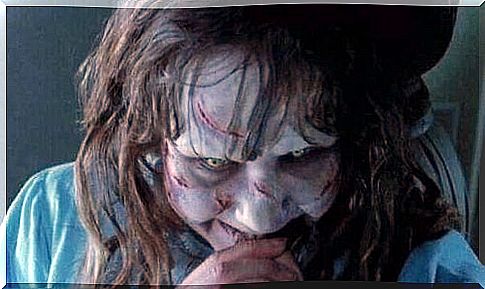
Why do we like horror movies?
Horror films, to be appreciated, must maintain a certain balance between fear and pleasure. To do this, they must meet specific narrative techniques that take into account both the psychology of terror and human physiology.
The fear created by horror movies cannot be as real and visceral as real fear is. The spectator is afraid, but he does not run away from what triggers it, because inside he knows that he is faced with a fiction. Among the most common narrative techniques to achieve this effect we find:
- The film must convey a certain tension, suspense and mystery. All to unleash certain expectations in the viewer and, therefore, to guarantee their interest until the end of the film.
- The viewer must feel empathy and compassion for the protagonists of horror films. When the protagonist faces a misfortune, the viewer must in a certain way identify with him… Similarly, when the protagonist has a positive experience, the viewer feels relieved.
Other features of horror films according to the psychology of terror
- The antagonist must be hated and despised by the spectator. The enemy in the film does not have to generate empathy, far from it. The viewer must perceive that all the negativity comes from the antagonist and that for this reason he does not deserve to achieve his goals.
- Make sure that what is shown in the horror film appears to be unreal or unlikely, so that the viewer is clear that what is happening in the film is not real. In this way, the viewer will be able to discern between fiction and reality.
- Try to give the film a happy or at least satisfying ending. Despite all the misfortunes that take shape in the film and despite the adversity faced by the protagonist, there is a pleasant conclusion or one that can restore the balance.
The psychological theories applied in horror films
Yet, narrative techniques are not enough for a horror film to be successful ; some theories drawn from notions of the psychology of terror must also be applied. The underlying aspect is positive conditioning.
Despite all the evils that afflict the protagonists of horror films, seeing them saved produces a pleasant effect on the viewer. It is precisely this feeling of relief that is sought after by most viewers of a horror film. Lovers of this genre, in fact, love not only the negative aspects, but also the positive ones of these films.
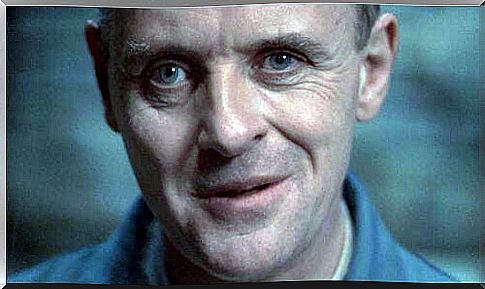
Some horror films also take advantage of the pleasure of punishment. A study conducted in 1993 indicates that many people find horror movies like Friday the 13th (1980) or Halloween (1978) enjoyable , because they felt that the characters who died at the hands of the killer deserved such an end. The fate of the protagonists, in fact, was designed to accommodate the standards of morality of some spectators.
The psychology of terror and the stimuli of fear
According to the psychology of terror, films that aim to generate fear make use of the unconditional stimuli that cause fear or a start in human conduct. These stimuli can be loud noises, sudden movements, or the presentation of extremely strange or amorphous things in unsuspecting situations.
Finally, it must be considered that the effectiveness of horror films depends on the personality of the viewer. There are people who expect excitement from the horror movie, while others prefer to feel relaxed. For this reason, horror films are not for everyone or for every moment.

